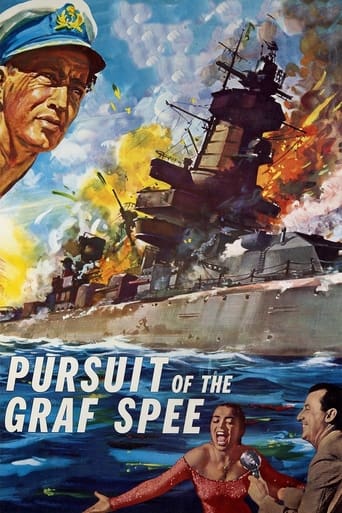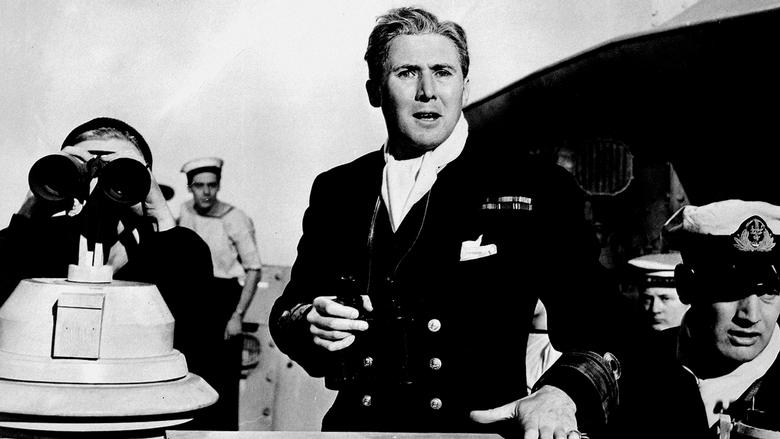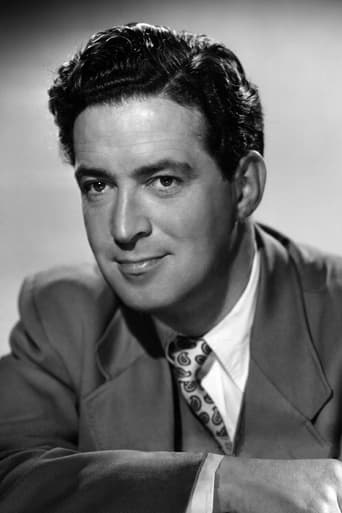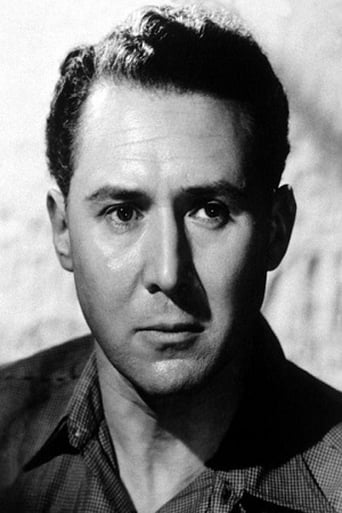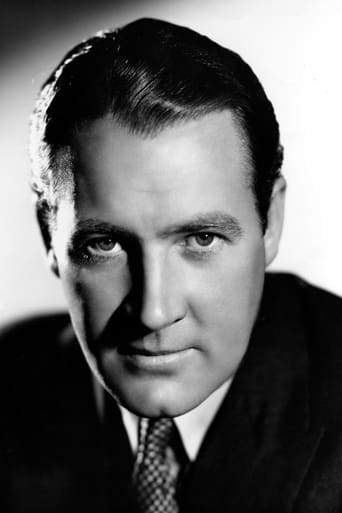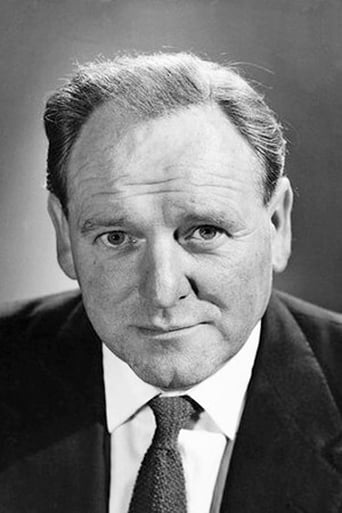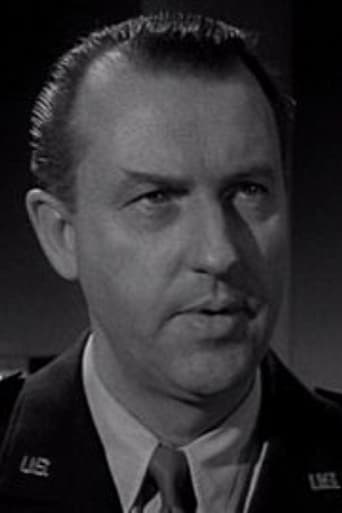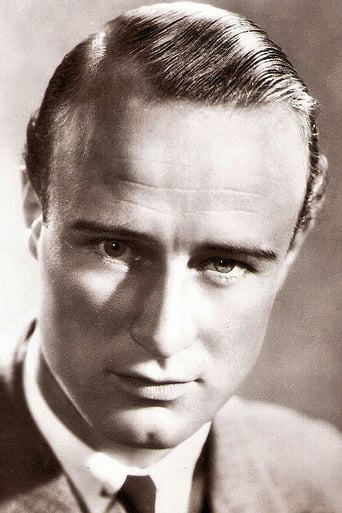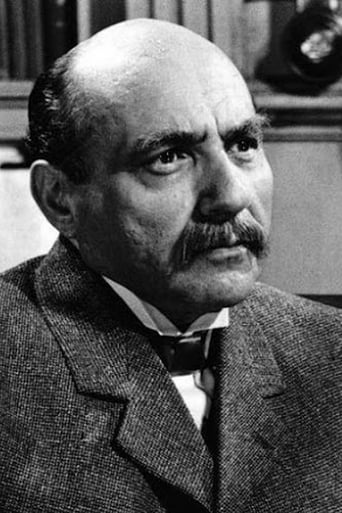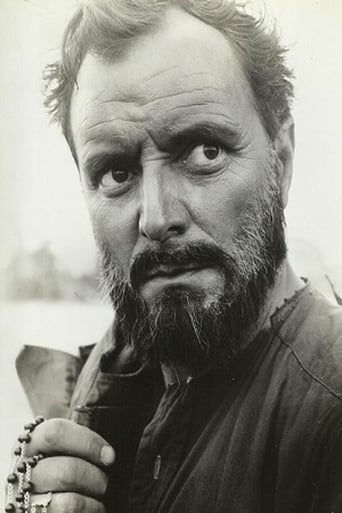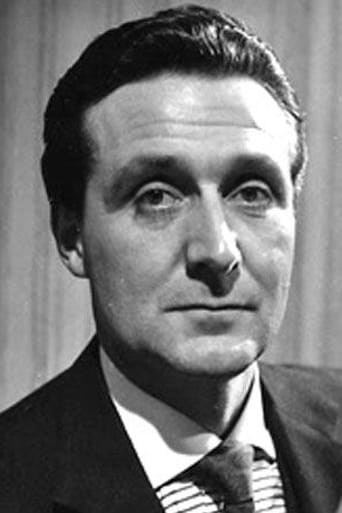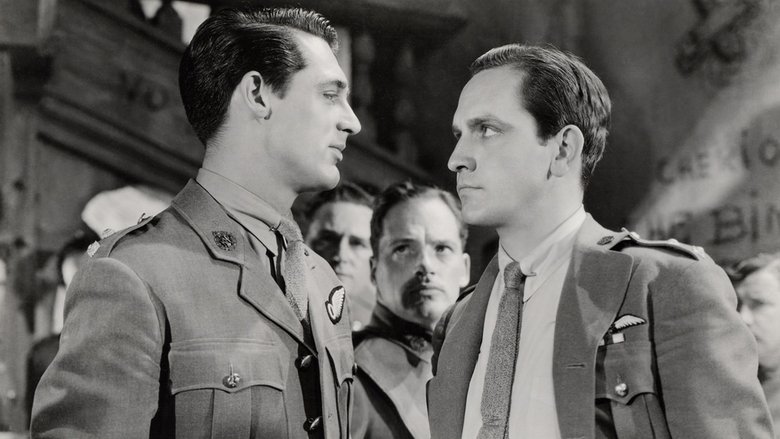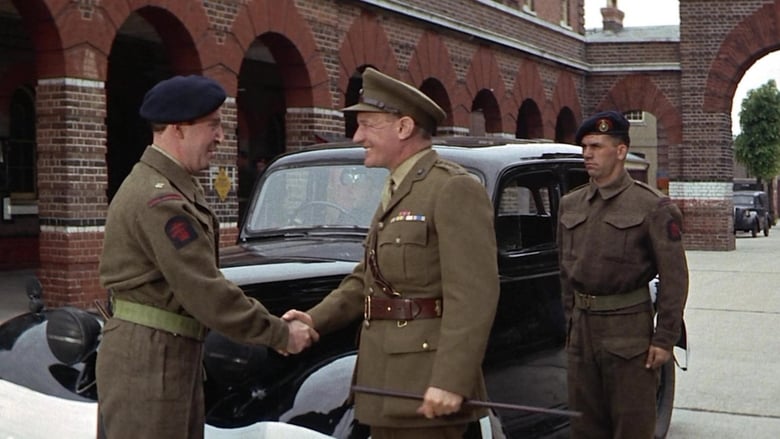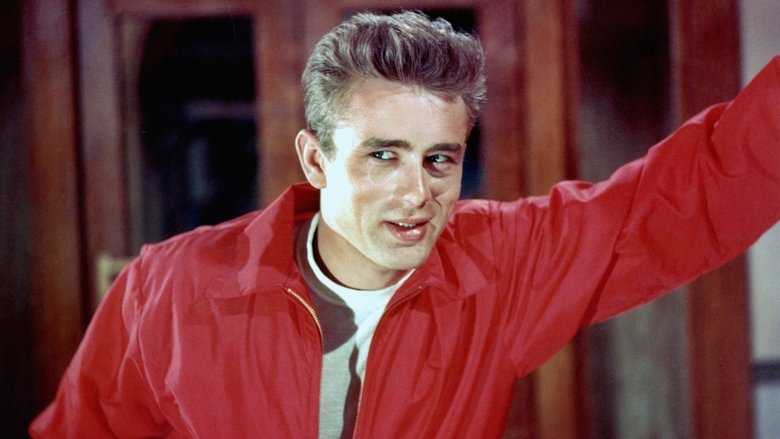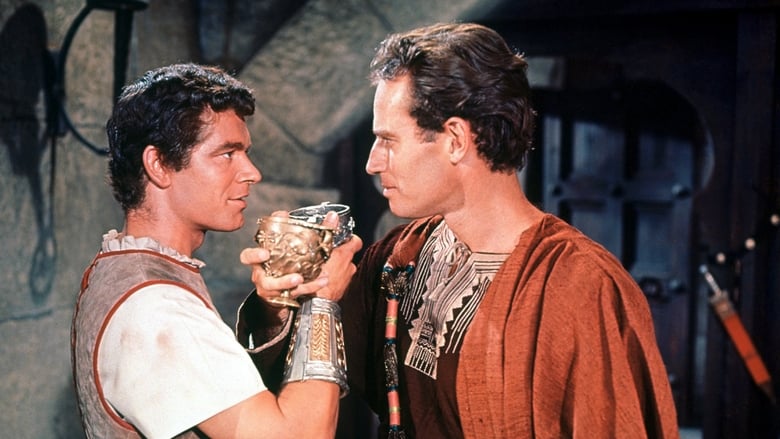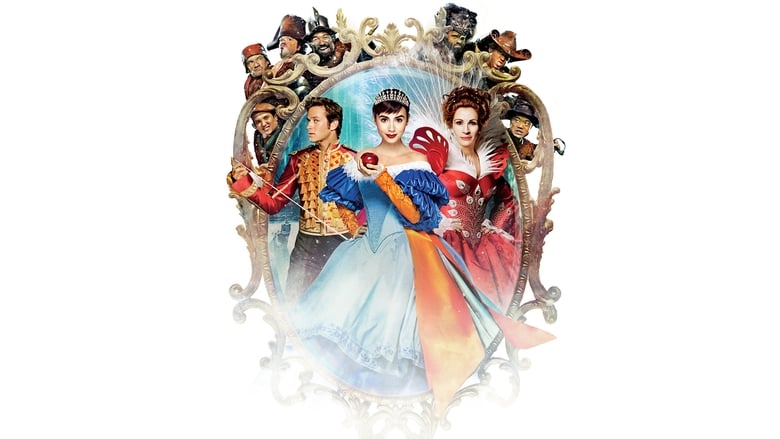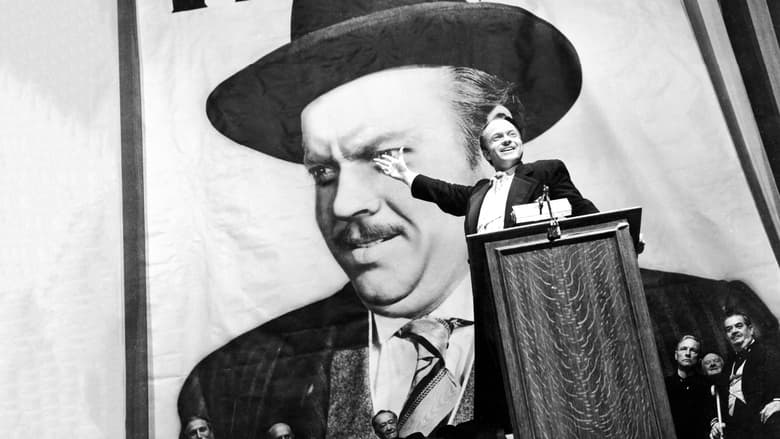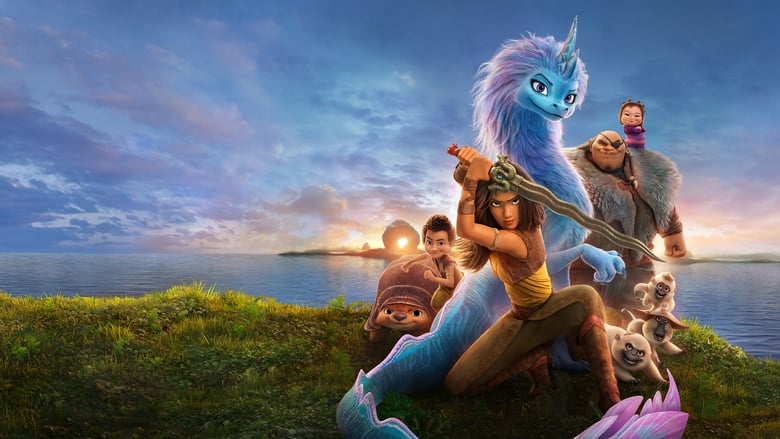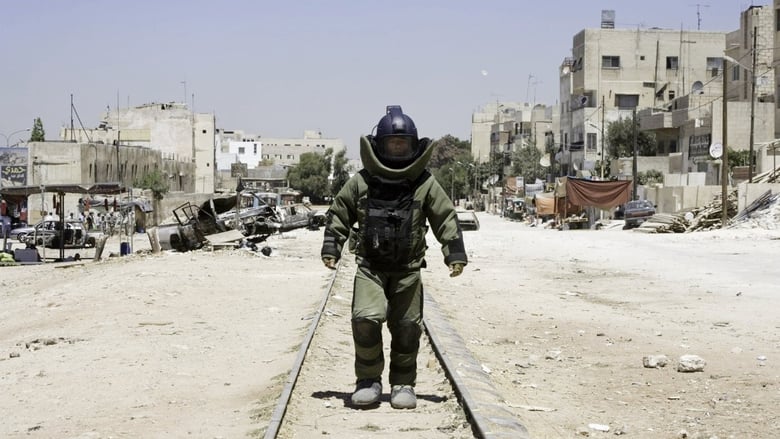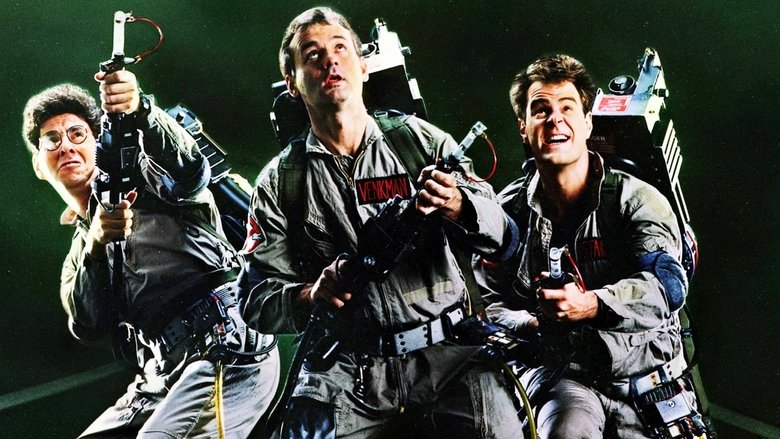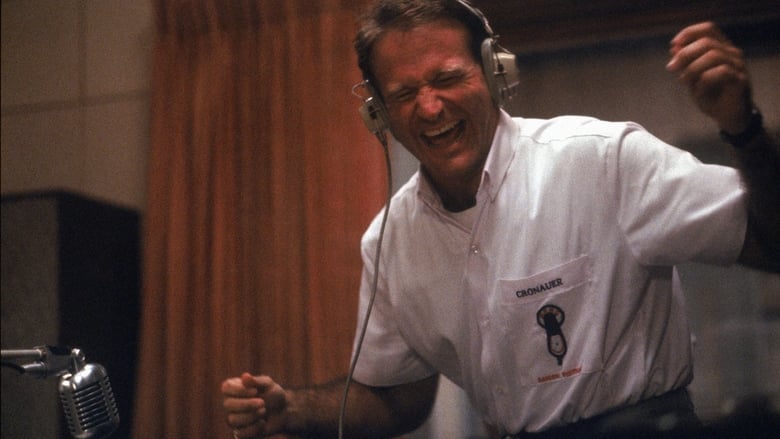In the early years of the World War II, the Royal Navy is fighting a desperate battle to keep the Atlantic convoy routes open to supply the British Isles, facing the great danger posed by the many German warships, such as the Admiral Graf Spee, which are scouring the ocean for cargo ships to sink.


Similar titles
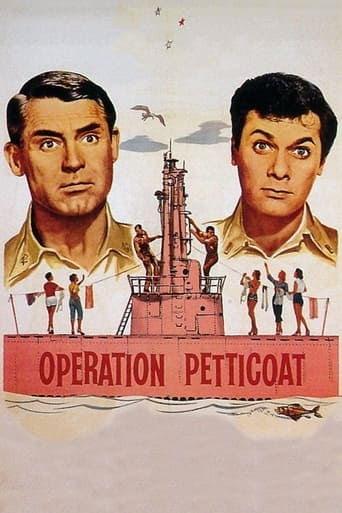
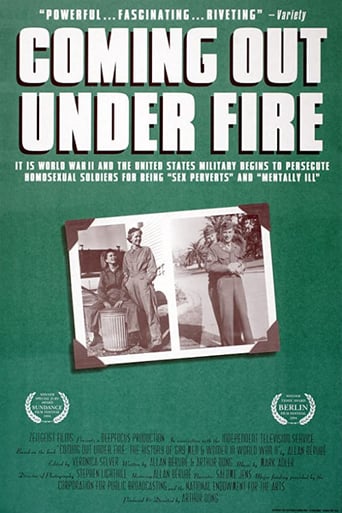
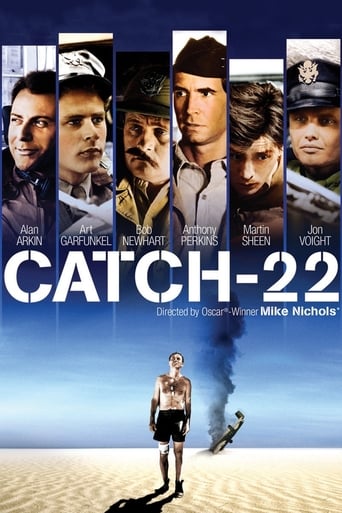
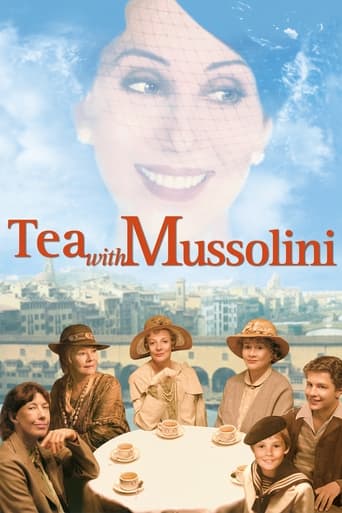
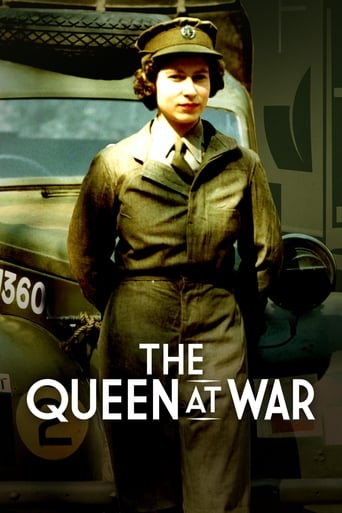
Reviews
A largely historical accurate depiction of the events surrounding the first major naval battle of the Second World War, this is nevertheless a rather disappointing film. The script by Michael Powell and Emeric Pressburger is not up to the high standard that the set for themselves in the 1940s as it is quite badly structured. The last 45 minutes, which take place in Uruguay, are particularly dull. Very little of interest happens after the battle itself is fought. On the bright side, it is a beautiful looking and very well directed film which makes excellent use of real naval vessels rather than sets. Most notably, the HMNZS Achilles is used to represent itself, though by then it was the INS Delhi. It was decommissioned and promptly scrapped in 1978. The first half an hour is told from the German perspective aboard the Deutschland-class pocket battleship Admiral Graf Spee and it is most certainly the strongest part of the film. Had the rest of it been of the same high quality, I would have undoubtedly given it full marks. This was the Archers' most financially successful film but it's far from their best work, I'm afraid.The most interesting character is by far the Graf Spee's commanding officer Captain Hans Langsdorff, played in a brilliant performance by Peter Finch in what unfortunately amounted to little more than an extended cameo. After the first half an hour, he is barely seen until towards the end of the film, which is a serious mistake. It is a slightly bizarre decision on Powell and Pressburger's part after giving him so much prominence in the early part of the film. Langsdorff is a good, honourable and decent man who serves Germany loyally but he takes no pleasure in attacking British merchant navy ships. He develops a rapport with Captain Patrick Dove of MS Africa Shell, played very well by Bernard Lee, as he treats his prisoners with respect and humanity in accordance with international law. In a great scene, he has his men give them Christmas decorations to make their confinement more bearable, something which is nicely contrasted by the fact that he attacks another British ship moments later. Langsdorff does not hesitate to release the prisoners when the Graf Spee arrives in neutral Uruguay. At the end of the film, after he has scuttled his ship, Captain Dove tells him that he has earned the respect and admiration of everyone who has come into contact with him, including his enemies. This is one of the best scenes and there is a real sense that Langsdorff and Dove may have been friends if they were not fighting on opposite sides. At its best, their relationship was reminiscent of that of Clive Candy and Theo Kretschmar-Schuldorff in "The Life and Death of Colonel Blimp". The film ends before Langsdorff committed suicide on December 20, 1939, only one week after the titular battle.Speaking of the battle, what is depicted on screen is done so very effectively but I felt as if we were only getting half of the story. Never once do we see Langsdorff and his crew's perspective, only that of the crews of the Ajax, the Achilles and the Exeter and the prisoners aboard the Graf Spee. A major naval battle of this kind is almost like a chess match on a large scale and it is hard to become terribly involved in it if only one side's reactions are shown. This is especially disappointing since Langsdorff is clearly a brilliant strategist, as is his British counterpart Commodore Henry Harwood, so it would have been very interesting to see the perspective of the two opposing sides, as was often the case in later war films. Anthony Quayle is an excellent actor but he is more or less wasted in the role of Harwood, who only really comes into his own during the comparatively short battle sequence. He has far more screen time than Finch but far less interesting material. John Gregson is mostly a bore as Captain Frederick Bell but, in his film debut, Jack Gwillim is very good as Captain Edward Parry. It has a good supporting cast such as Christopher Lee, Roger Delgado, Michael Goodliffe, Ian Hunter, John Le Mesurier, Patrick Macnee, Nigel Stock and Anthony Newley but the script only provides Finch and Bernard Lee with a particular opportunity to stand out and neither of them were in it as much as I would have liked.Overall, this film has a great deal of unrealised potential. It could have made for an engrossing battle of wits between highly skilled opponents but, sadly, it was not to be.
I very often will read a book first to learn a deeper level of knowledge about a historical event. Before watching this film I read "The Battle of the River Plate" by Dudley Pope (circa 1956) - paperback. I really liked that book as it provides loads of information about the Graf Spe, a German "pocket" battle ship, which was brand new at the outset of WW2 and for its time and size, cutting edge and fearsome. I recommend viewers to that book.The movie was quite enjoyable as an action adventure / historical drama. My version of the film had "extras" including interviews with Christopher Lee and others. We learn that the directors had to capture long distance shots of US Navy boats whenever they could, which was often last minute. In any case, the story is fairly well covered. I have to admit that I am not always a fan of the acting quality of certain eras. I don't want to give the impression that I dislike older films; the exact opposite is usually the case. I am trying to bring out a point and that is often set pieces like this film, done in studios and not on location, like this one, the actors sadly take on a very mannered, somewhat brittle and stiff physicality to their "acting". And this film had such a fine collection of terrific actors, who aged well into their craft as they grew older. Look at Christopher Lee, who has a tiny role in this film, whip thin, you can hardly recognize him. Most of the lead actors were incredibly slim (not that it really matters). I find early Michael Redgrave films troublesome because I find his approach too self conscious and remote. Seeing him as Master and Commander of his small scale and somewhat suicidal fleet, hunting down a far superior ship, chomping away on his pipe, it's a bit too much. I suppose that people actually behaved this way but I find it grating on my nerves.I often compare one film against another and for me one of the top films of the sea, not yet eclipsed, is "Das Boot". Imagine the Graf Spee story as told by Wofgang Petersen? You'd have an anti-romantic, blood and guts story, with the battle see sawing back and forth, no one really knowing who was winning. That was the truth of the matter; the Brits did not know how much damage they were causing and the reason was not a lack of radar. It was because these ships were lobbing shells at each other from many miles separation! The Graf Spee's biggest guns could lob shells so far that it took almost a full 60 seconds for them to hit their target from the moment they were shot out of the cannons.The dialogue was not overly impressive and the loss of life and damage of the Exeter was underplayed: they had the crap smashed out of them and were almost sunk.The Graf Spee was the first ship in history to be outfitted with functional, if weak, radar. The Brits sent up sighter sea planes who could radio sightings back to the ship. Minus radar, the optical sighting of the crew was limited to the strength of small telescopes and hand held binoculars. This was early in the war. The scuttling of the Graf Spee is still discussed today because it seems such a mystery. Although his ship did take a fair amount of damage and his cooking areas (galley) were destroyed, Langsdorf still had the use of his superior guns. Why did he scuttle the ship? We still are not sure but the defeat and scuttling must have really shocked the German Naval Command.Other than somewhat wooden acting and commanders who didn't seem all that worried that shells were hitting the waters just a few feet away from blowing huge holes in their own ships, it's a pretty good film. I think Petersen should remake this film from the German point of view. Now that is something exciting to contemplate.
This film is truly one of the best WWII naval films ever made, in my opinion. Fine acting, great actions shots, solid directing and editing, and a clear, straight forward story all combine to make superb film.Others here have provided the synopsis of this film, so I will forgo the pleasure. While certain parts of the film did not actually, they were obviously added to tell the story in a clear and unambiguous way. One part this is 100% accurate is the see-sawing the British did with their position on the Graf Spee leaving harbor.Unlike many war movies, like a Saving Private Ryan, this movie could not be made today as well as it was in 1956. The reason-the real stars of the film, the ships, simply don't exist anymore. There are only two WWII light cruisers left in the world, the HMS Belfast in London, and the USS Little Rock in Buffalo, and only one heavy cruiser, the USS Salem, in Massachusetts, which portrayed the Graf Spee in this film, and none of them are sea worthy. Models and even the best CG simply cannot provide the realism that the real thing provides, thus this movie could not be made today.Lastly, to answer one previous reviewer as to why this movie is called the The Battle of the River Plate, it's simple. Most naval battles actually take place near land (the sinking of the Hood and Bismarck are notable exceptions)-for example, the Battle of Trafalgar took place about 80 miles from Cape Trafalgar, the Battle of Midway took place near Midway Island, Jutland near Jutland, etc. Traditionally, the victor of the battle picks the name of the battle, thus Admiral Harwood choose the River Plate, off whose coast the battle took place, and where the Spee scuttled herself.
While this film is well acted and historically fairly accurate, it contains one glaring oversight. While introducing Capt. Langsdorf as an efficient and likable officer, we know nothing of his actions during the battle. The film portrays all the actions aboard the three British cruisers but never shows what was occurring on the bridge of the Graf Spee. We know Langsdorf was under orders to avoid engaging enemy warships. What was his reaction when he sighted the three British cruisers? What caused his decision to engage them? What orders did he give during the battle? We know what the British captains did but nothing about what Langsdorf did? We know the extent of the British damage but nothing of the extent of the Graf Spee damage. From the time the British cruisers sight the Graf Spee, we follow the actions on the bridge of Ajax, Achilles and Exeter but nothing of what is going on aboard the Graf Spee other than the reactions of the British prisoners aboard? How effective would a film of the battle of Waterloo have been if it only showed Wellington's actions and ignored Napoleons? A film that far better addresses this problem was "The Enemy Below" starring Robert Mitchum as the American destroyer captain and Curt Jurgens as the German U-boat commander. Throughout the engagement, we know what each is doing and both adversaries are presented in a positive light. It should be added that the heavily damaged Exeter was a star crossed ship, later sunk by the Japanese in the Java Sea.
